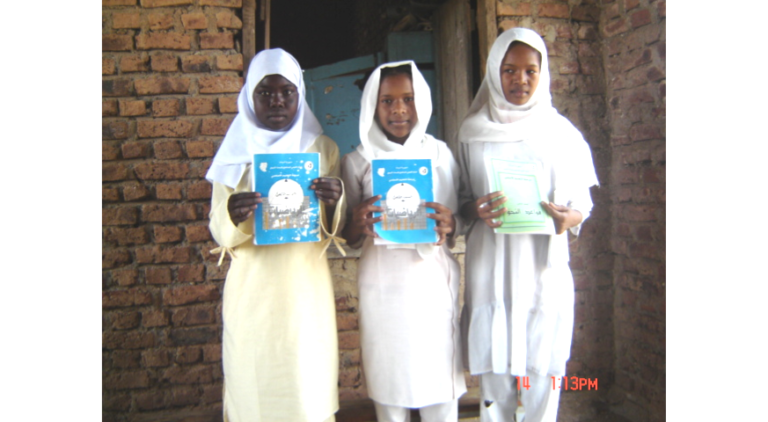- About
- Topics
- Picks
- Audio
- Story
- In-Depth
- Opinion
- News
- Donate
- Signup for our newsletterOur Editors' Best Picks.Send
Read, Debate: Engage.
| topic: | Women's rights |
|---|---|
| located: | Sudan |
| editor: | Bob Koigi |
For a country where almost nine out of every ten women and girls have been subjected to female genital mutilation, FGM, the recent move by Sudan to criminalise the invasive practice is not only historic but heralds a new era that protects the rights of women which have been disregarded and disrespected for the longest time.
Over 200 million women and girls from 31 countries globally have undergone the cut, with Sudan having one of the highest rates as the practice remains a key rite of passage that has been inherited across generations.
The effects on girls, a majority of whom undergo the circumcision at the age of between five and 14-years-old, are devastating and leaves physical, emotional and psychological for life. Now amendments to the country’s penal code have outlawed the ritual with violators facing a three-year jail term and a fine.
But the journey has just begun in eliminating the practice, and the real test is now within the implementation of the new legislation. In a country where FGM is deeply entrenched, the law alone is not enough to stem the tide and is likely to be greeted with disregard and contempt from religious conservatives and traditionalists.
To ensure the legislation enjoys full support, government and private players must now join hands in nation-wide awareness campaigns that will change attitudes and behaviours while explaining to ordinary citizens in the simplest way possible what the violation of the law means. The government must also crack the whip on offenders and implement the foundations and spirit of this new legislation.
The rights, respect and values of the Sudan women and girls in this new era can now, more than ever, be achieved, but they need the support of all Sudan people.
Image by Juliette Kober

